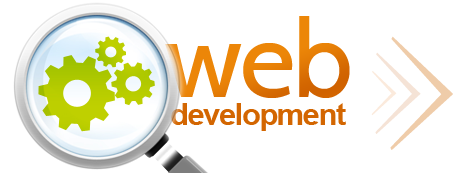In recent years, the amount of data being collected about us has skyrocketed. From our online browsing habits to our location data, every digital move we make seems to be recorded. But what does this rise in data gathering mean for us as individuals and for society as a whole? Let’s explore
One of the biggest advantages of data collection is the ability to personalize services and products. For example, online shopping platforms use data to recommend products based on your previous searches and purchases. Social media sites show you posts from people and brands you’re most likely to engage with, creating a more relevant experience. Even music and video streaming platforms suggest content tailored to your tastes. Companies are utilizing employee monitoring softwares like Controlio to track employees.
This personalization can make our online experiences more convenient and enjoyable. We’re shown what we like, when we want it, and in many cases, we don’t have to look far to find something new that interests us.
Improving Services and Products
Data is also being used to improve services and products in numerous industries. Healthcare, for instance, benefits from the collection of health data to help doctors track patient progress and suggest the best treatments. In retail, companies use data to optimize inventory, ensuring popular products are always in stock.
In many ways, data gathering allows for continuous improvement. It helps businesses understand customer preferences and needs, which in turn enables them to offer better services and innovate new products. This, ideally, leads to better experiences for everyone involved.
Privacy Concerns
Despite these benefits, the rise in data gathering raises serious privacy concerns. Companies collect vast amounts of personal information, and it’s not always clear how this data is used or who has access to it. For example, social media platforms and search engines store a lot of personal information that could potentially be shared with third parties or even used in ways we may not be comfortable with.
There’s also the risk of data breaches. Hackers are constantly looking for ways to access personal data, which could lead to identity theft, financial loss, or other forms of cybercrime. According to reports, 50% of large corporations monitor such content to protect them. With so much personal information being stored in digital spaces, safeguarding this data is crucial.
The Ethical Dilemma
As data gathering becomes more sophisticated, we also face an ethical dilemma. How much should companies and organizations know about us? How do we strike the balance between benefiting from personalized experiences and maintaining control over our own information?
Some argue that people should have more say in how their data is collected and used. There are growing calls for stronger privacy regulations and transparency from companies. Laws like the GDPR (General Data Protection Regulation) in Europe are steps in the right direction, but much work remains to be done to ensure data is handled responsibly.
What Can We Do?
As consumers, we can take steps to protect our own data. Using privacy settings on social media accounts, being mindful of the permissions we give apps, and using encryption tools for online communication are just a few ways we can control how much personal information we share.
In conclusion, the rise in data gathering brings both opportunities and risks. While it has the potential to improve our lives in many ways, it’s essential for individuals and businesses alike to be aware of privacy concerns and work together to protect personal information. By being informed and proactive, we can navigate the growing world of data responsibly.

